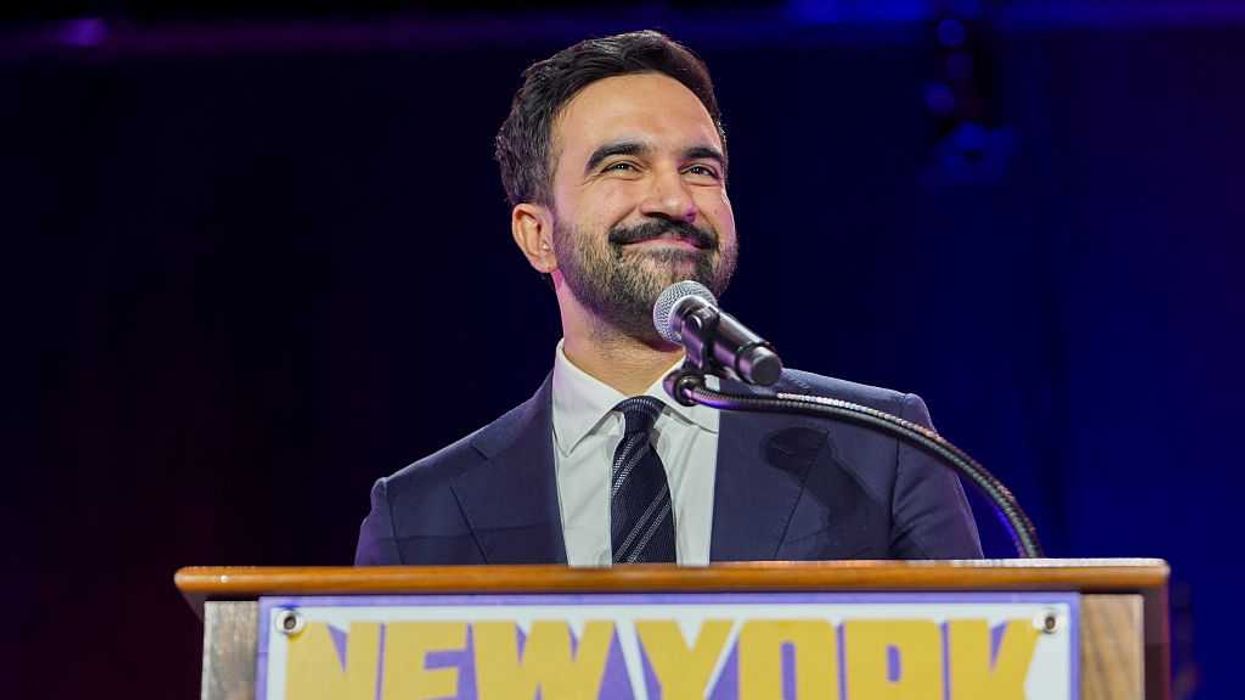In a sweeping rebuke of President Donald Trump’s second-term agenda, voters in three key races delivered historic victories to Democratic candidates Zohran Mamdani, Mikie Sherrill, and Abigail Spanberger—each representing a distinct ideological and demographic shift toward diversity, equity, and inclusion.
On Tuesday, Zohran Mamdani, a 34-year-old democratic socialist and state Assembly member, was elected mayor of New York City, becoming the city’s first Muslim mayor. In Virginia, Abigail Spanberger defeated Republican Lt. Gov. Winsome Earle-Sears to become the state’s first female governor. And in New Jersey, Mikie Sherrill, a moderate Democrat and former Navy helicopter pilot, won the governorship in a race that underscored economic and social policy divides.
These victories, which came just one year after Trump’s return to the White House, are widely seen as a repudiation of his administration’s policies and rhetoric. “Democrats are smoking Donald Trump and Republican extremists,” declared House Democratic Leader Hakeem Jeffries on X.
Mamdani’s win in New York City was particularly symbolic. Running on a platform of affordability, police reform, and inclusive governance, he defeated former Gov. Andrew Cuomo, who ran as an independent, and Republican Curtis Sliwa. “My friends, we have toppled a political dynasty,” Mamdani said in his victory speech. “I wish Andrew Cuomo only the best in private life. But let tonight be a message: New York belongs to all of us”.
He continued, “We are breathing in the air of a city that has been reborn. This is a mandate for change, and we will deliver exactly that—with empathy, transparency, and a government that reflects our diversity”.
Senate Majority Leader Chuck Schumer praised Mamdani’s “well-earned and historic victory,” calling it “proof that inclusive leadership can triumph over fear-mongering and division”.
In Virginia, Spanberger’s win marked a significant shift in a state that had been trending Republican. Her victory over Earle-Sears, a Trump-aligned candidate, was decisive—earning 56.1% of the vote to her opponent’s 43.7%. Spanberger, a former CIA officer and congresswoman, emphasized pragmatic governance and reproductive rights throughout her campaign.
“This is a win for every Virginian who believes in facts, fairness, and the future,” Spanberger said on election night. “We are building a commonwealth where every voice matters—regardless of zip code, background, or belief”.
Political analysts noted that Trump’s influence may have hindered Earle-Sears’ chances, as voters expressed concern over national instability and the erosion of democratic norms.
In New Jersey, Mikie Sherrill’s gubernatorial win reflected the power of a center-left coalition focused on economic recovery, education, and public health. Her campaign emphasized bipartisan solutions and rejected Trump-era polarization.
“Our assignment everywhere is to send the strongest fighters for the working class wherever possible,” said Rep. Alexandria Ocasio-Cortez, D-N.Y., in support of Sherrill’s victory.
Sherrill herself framed the win as a call for unity: “New Jersey chose hope over fear, facts over fiction, and inclusion over exclusion. We will govern with integrity and compassion”.
Exit polls and post-election analyses suggest that these wins were not isolated but part of a broader voter backlash against Trump’s second-term agenda. From immigration crackdowns to rollbacks on civil rights, many voters viewed the elections as a chance to restore balance and reaffirm democratic values.
These results make one thing clear: Americans are rejecting authoritarianism and embracing leaders who reflect the nation’s diversity and champion equity and inclusion.
Hugo Balta is the executive editor of the Fulcrum. He is also the publisher of the Latino News Network.




















Trump & Hegseth gave Mark Kelly a huge 2028 gift